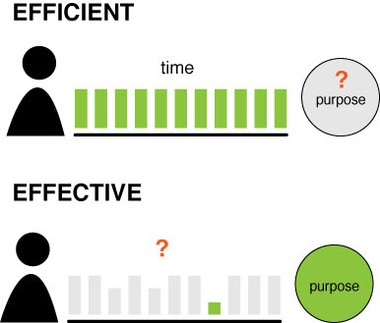
Mastering Leadership: Effective Techniques for Success

Unveiling Mastery: Effective Leadership Techniques
Effective leadership is the cornerstone of successful organizations, guiding teams toward shared goals and fostering a positive work environment. In this exploration of effective leadership techniques, we delve into strategies that empower leaders to inspire, motivate, and drive success.
Clear Communication and Vision Setting
At the heart of effective leadership is clear communication. Leaders must articulate their vision, goals, and expectations in a way that resonates with team members. By fostering open and transparent communication, leaders create a shared understanding that aligns everyone toward a common purpose.
Effective Leadership Techniques are built on a foundation of clear communication, setting the stage for collaboration and success.
Leading by Example and Integrity
Effective leaders lead by example, embodying the values and behaviors they expect from their team. This authenticity builds trust and respect among team members. Integrity is a cornerstone of leadership, as leaders who demonstrate honesty and ethical behavior create a culture of trust within the organization.
Empowering and Developing Team Members
An effective leader empowers team members by providing them with the tools, resources, and autonomy to excel in their roles. This involves recognizing individual strengths and fostering a culture of continuous learning and development. By investing in the growth of team members, leaders cultivate a high-performing and motivated workforce.
Adaptability and Resilience in Leadership
In a dynamic business environment, adaptability is a key trait of effective leaders. Leaders must navigate change with resilience, embracing challenges as opportunities for growth. By fostering a culture that embraces change and learning, leaders empower their teams to adapt and thrive in ever-evolving circumstances.
Emotional Intelligence and Empathy
Effective leaders possess emotional intelligence, understanding and managing their own emotions while empathizing with the feelings of others. This awareness fosters strong interpersonal relationships, enhances communication, and contributes to a positive and collaborative workplace culture.
Strategic Decision-Making and Problem-Solving
Leaders are often faced with complex decisions and challenges. Effective leadership involves strategic decision-making based on a thorough understanding of the situation and consideration of potential outcomes. Leaders who approach problem-solving with a strategic mindset inspire confidence and direction within their teams.
Promoting a Positive Work Culture
A positive work culture is a hallmark of effective leadership. Leaders set the tone for the work environment, promoting inclusivity, positivity, and a sense of belonging. By recognizing and celebrating achievements, leaders contribute to a motivated and engaged team.
Effective Delegation and Team Collaboration
Leadership involves effective delegation, distributing responsibilities based on team members’ strengths and skills. Leaders who trust their team members with meaningful tasks promote a sense of ownership and collaboration. This approach not only enhances productivity but also fosters a culture of mutual support.
Conflict Resolution and Feedback Skills
Handling conflict is an inevitable aspect of leadership. Effective leaders possess strong conflict resolution skills, addressing issues promptly and constructively. Additionally, providing feedback—both constructive and positive—is essential for continuous improvement and individual growth within the team.
Cultivating a Growth Mindset
Leaders who cultivate a growth mindset inspire innovation and resilience within their teams. Encouraging a belief that abilities can be developed through dedication and hard work fosters a culture of continuous improvement and a willingness to embrace challenges.
In conclusion, mastering Effective Leadership Techniques is an ongoing journey of self-awareness, interpersonal skills, and strategic thinking. By embodying these techniques, leaders create an environment where individuals thrive, teams excel, and organizational success becomes a shared reality.



